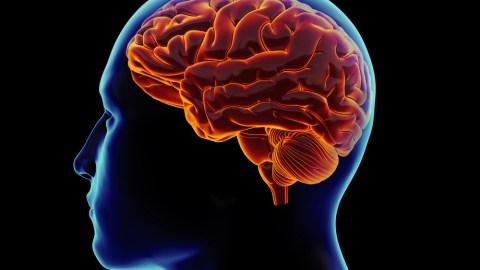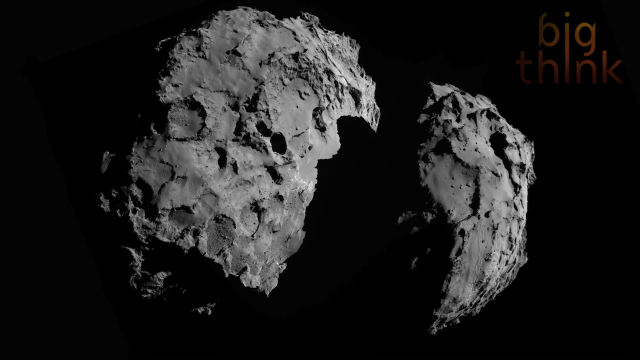Scientists Find Link Between Gut Bacteria and How the Brain Works

A week from today, researchers will gather for a neuroscience conference in Washington D.C. titled “Gut Microbes and the Brain: Paradigm Shift in Neuroscience.” As the name suggests, new evidence will presented by the scientific community to help establish an emerging link between the health of your gut and the health of your brain.
One team of researchers from University College Cork in Ireland will argue that the microbiome–the name for the billions of bacteria swimming in your large intestine–has the greatest effect on the brain in infancy. In experiments, the researchers found that mice born through their mother’s vagina, as opposed to by cesarian section, exhibited less depression and less anxiety. They believe this is because vaginal birth is the first exposure an infant has to bacteria.
Another study conducted in 2013 found that mice with lower levels of the gut bacterium called Bacteroides fragilis showed a tendency toward autism. They were also more stressed, antisocial and had gastrointestinal symptoms associated with autism. When scientists fed B. fragilis to the mice, their symptoms disappeared.
“That observation raises the possibility that some people with autism could be supported with therapies, such as probiotics, that target the gut instead of the brain, which is a much more complex and inaccessible organ.”
In her Big Think interview, popular science writer Mary Roach describes a day in the life of your gut bacteria:
Read more at Nature
Photo credit: Shutterstock





